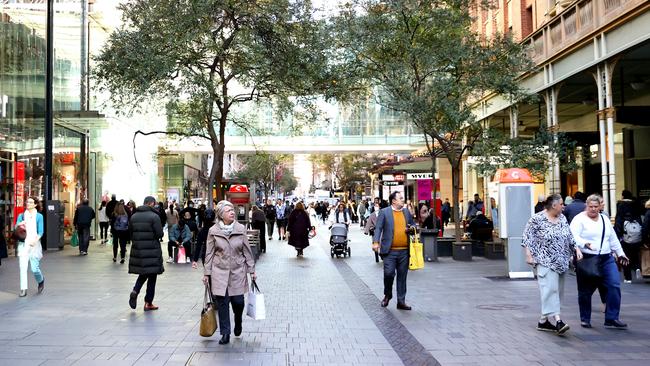
Just as Australia’s official figures obscure what is actually happening, Chinese suppliers to the US and FedEx are alerting Australians to the extent of the actual US downturn, which has not yet hit the statistics.
Add Europe, and we are looking at the danger of a serious global downturn that Wall Street is starting to appreciate.
But first, the Australian drama.
Our 2022-23 financial year opened very strongly on most retail fronts.
But, right on schedule, late in August and, as September dawned, there was a noticeable, but not severe, consumer downturn for many retailers.
The Reserve Bank still relies far too much on out-of-date statistics.
As a result, Australia’s great danger is that, just as the central bank took months to discover what was really happening during the boom, and therefore took too long to increase rates, so they may make the same mistake in reverse by continuing to increase rates when the economy has turned down.
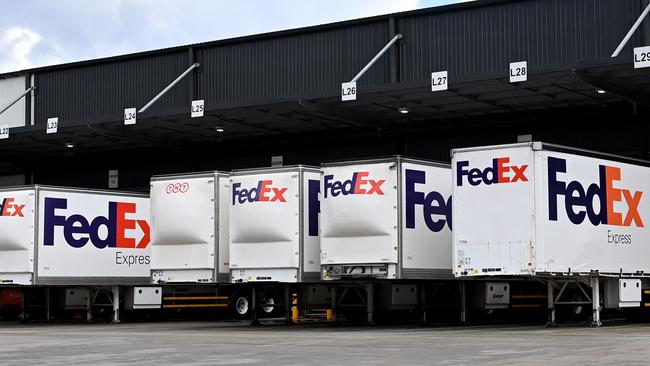
My regular readers will recall that my network was telling me that in 2020 and 2021 that Australians were engaged in an unprecedented retail spending spree.
Our current difficulties are in part caused by a Reserve Bank board that is unable to bypass the Reserve Bank’s Martin Place bunker-bound economists and discover what is actually happening at the coal face.
And so a massive mortgage lending boom, led by the Commonwealth Bank, continued at a roaring pace for far too long as consumers believed the Reserve Bank forecast that interest rates would stay at low levels until 2024.
As the major lender in that boom, the Commonwealth Bank now understands exactly what is going to happen next and, via economist Gareth Aird, has warned Australians, and particularly the Reserve Bank, that if interest rates rise too fast and too far, it will cause a very serious downturn.
They also warn that interest rates take about two to three months before they impact the cash balances of mortgage holders.
And even longer to reach the statistics.
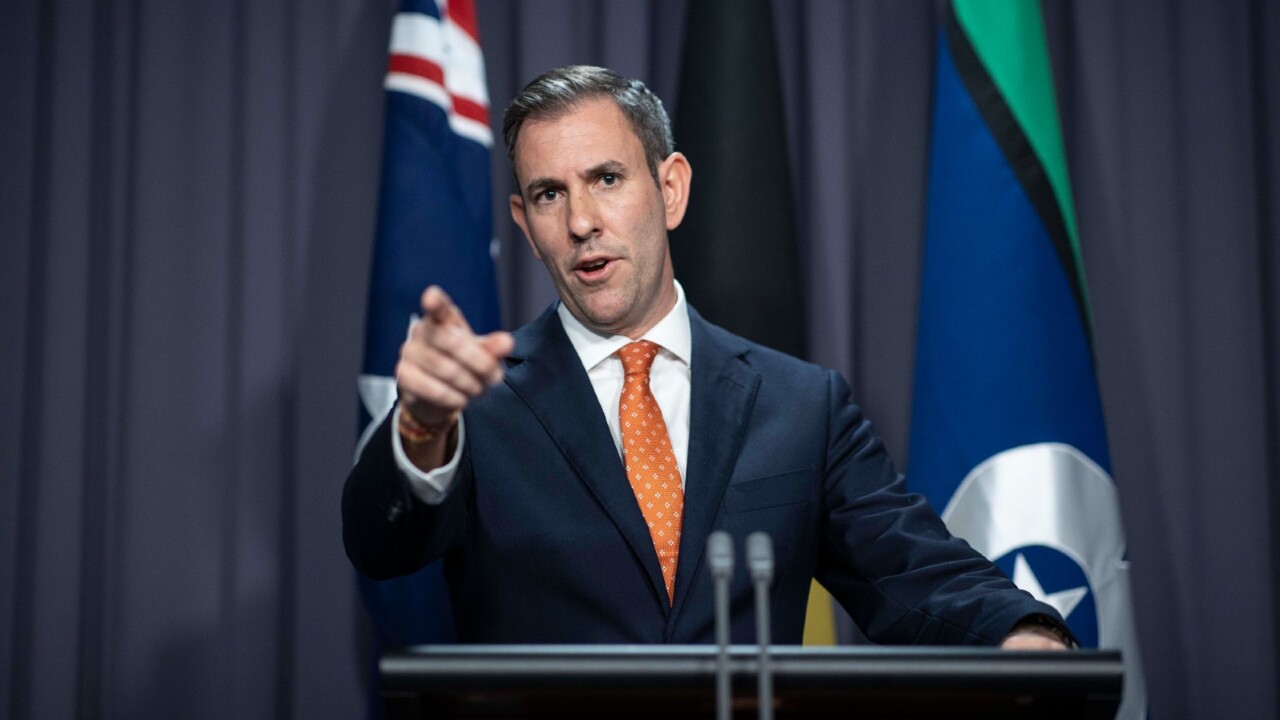
In the case of the CBA, there is exactly a three-month delay before rate rises drain mortgage cash.
Other banks implement their rate rises in cash payments at a faster pace.
Accordingly, the Reserve Bank’s May 2022 interest rate rise did not impact CBA customers’ cash until early August.
But that first rate rise was only a quarter of a per cent, and it was not until June that a further half per cent increase was announced.
The combination hit many mortgage holders late in August, but for CBA customers, it was early this month.
So when over the weekend my network revealed a late August/September decline, it was no surprise.
But since the June rate rise, we have had three more half per cent increases – in July, August and September – bringing the total increase to 2.25 per cent, which is a full one per cent above the 1.25 per cent increase the Commonwealth Bank warned the Reserve Bank was the danger level.
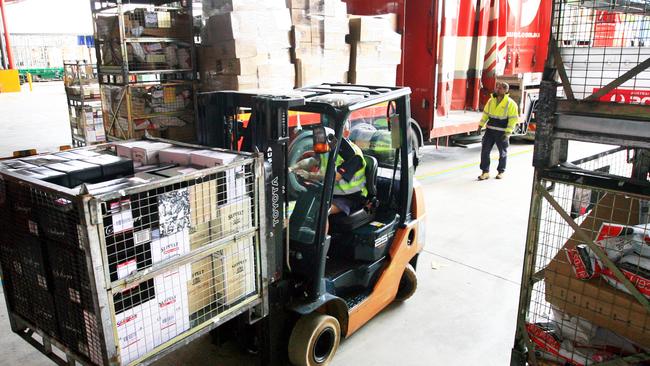
Unlike the US, around 30 per cent of Australia’s total mortgage home mortgages book was issued in the last two years, mostly to people who are overstretched and on flexible or soon-to-be flexible rates.
At this stage, the spending reduction is not catastrophic and Australians who are in good financial shape with plenty of cash are still spending strongly.
But among the big spenders, there is a twitch of nervousness being created by the fall on Wall Street and the 10 per cent decline in value of their houses, which is headed to at least 15 per cent.
Someone needs to update the Reserve Bank governor and explain that his forecast of a 10 per cent fall in house prices has already happened in key Australians areas and we are looking at much bigger falls in coming months.
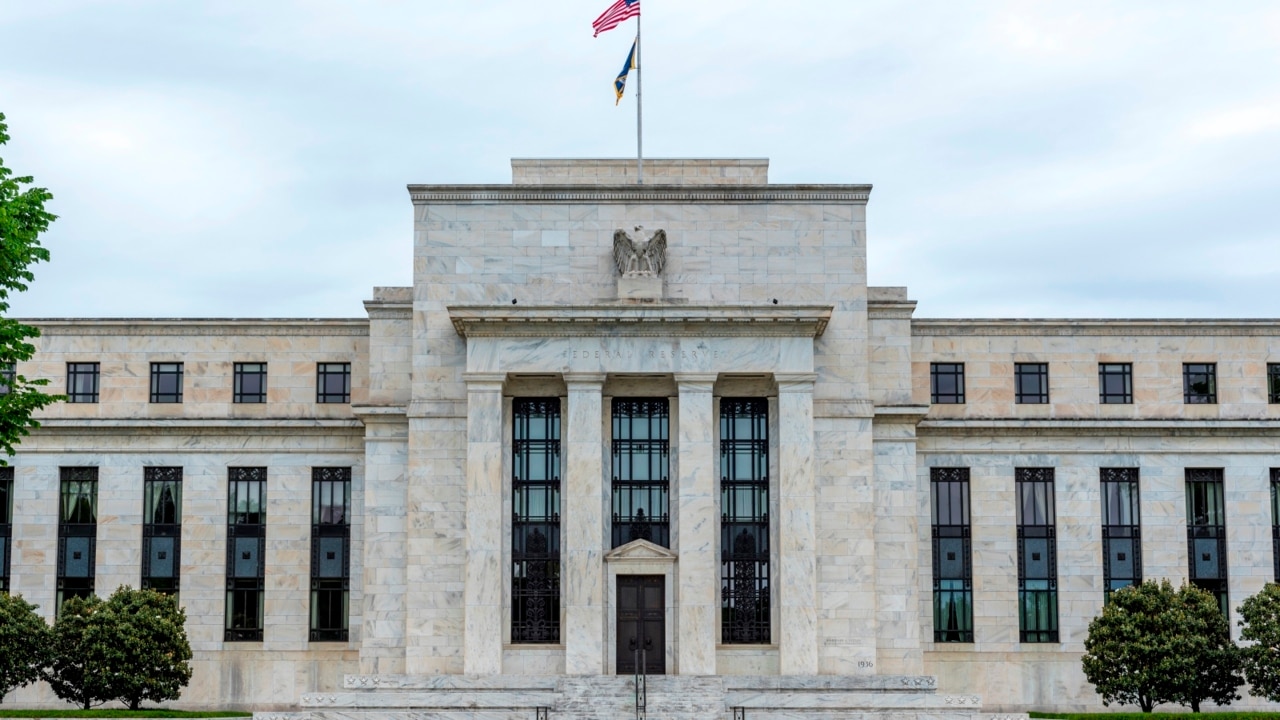
The problem among the affluent will come if the sharemarket keeps falling and, as expected, the housing market fall becomes more serious.
Many affluent people will need to help their children and/or grandchildren.
The crunch created by the 2.25 per cent rapid interest rate rise will hit the pockets of overextended mortgagees around late December and early January.
And the Reserve Bank plus the market are predicting even more interest rates rises.
It is possible consumers will put Christmas spending on the credit card or Afterpay, but then January and beyond will be miserable.

There is a special danger for retailers because my network tells me that Chinese suppliers reveal that they are being impacted by a big decline in orders from the US, so Australian orders are now being supplied quickly.
Some retailers may have ordered too much expecting difficulties.
Once pockets of those holding high mortgages are drained by the higher interest rates, they will cut spending on a wide range of discretionary spending areas extending beyond goods to the labour-intensive restaurants, cafes and travel.
This will change the 2023 labour market.
In the US and Europe, the downturn is much further advanced.
The giant global transport group Federal Express has blown the warning whistle, causing its shares to fall 21 per cent on Friday.
Chief executive Raj Subramaniam says: “We are a reflection of everybody else’s business, especially the high-value economy in the world.”
FedEx warns that a global recession could be coming as demand for packages around the world tumbles.
Accordingly, FedEx is reducing flights and temporarily parking aircraft, trimming hours for its staff, delaying some hiring plans and closing 90 FedEx Office locations as well as five corporate offices.
It is also cutting $500m from its capital expenditure budget.
There is no way Australia can be isolated from this global trend and because of the 2020 and 2021 mortgage lending spree, our fate will be worse than many countries.




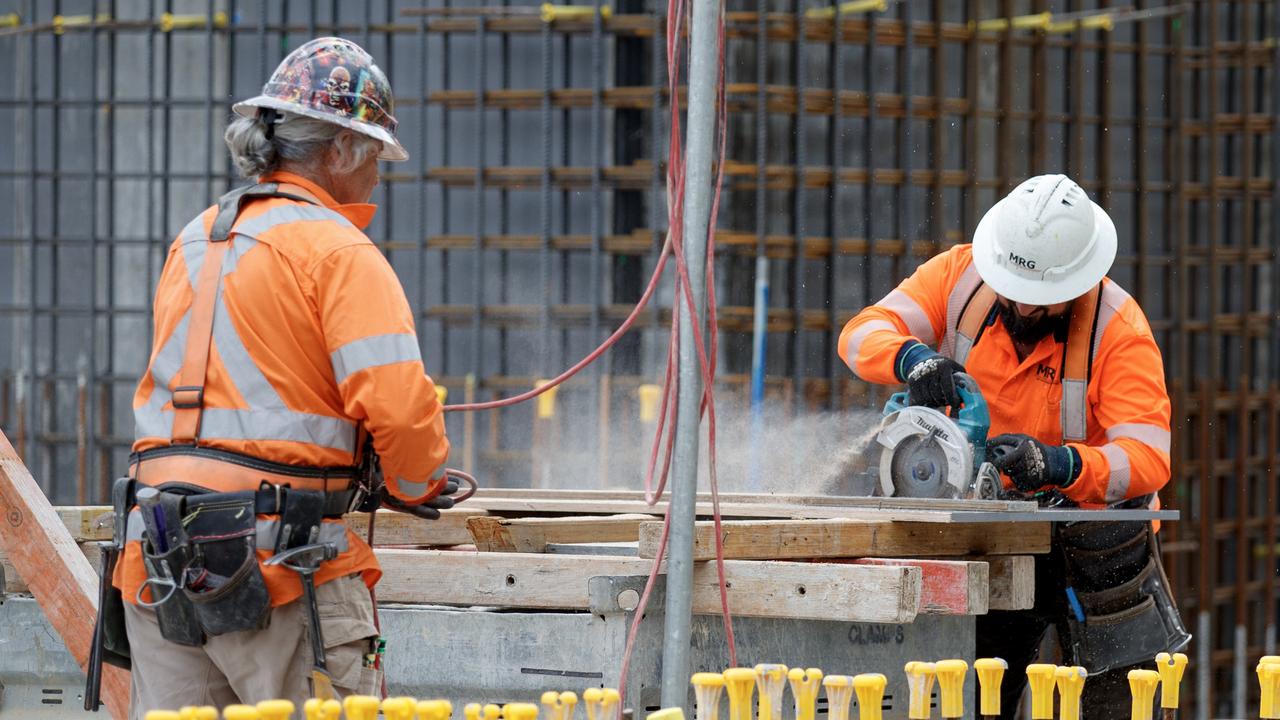

The first cracks in the Australian retail spending boom have appeared, and they are going to get a great deal worse.